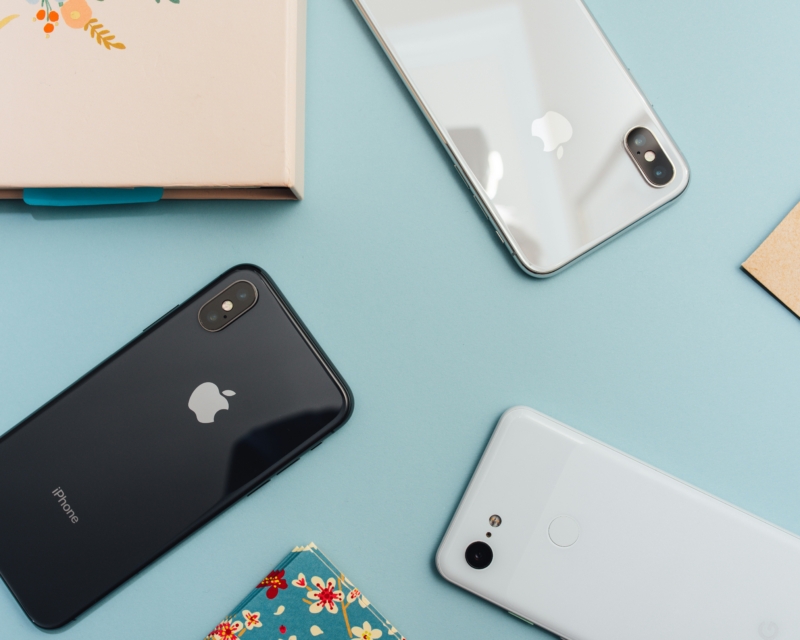Apple’s EU Reforms: A Symphony of Innovation and Compromise
In the ever-evolving landscape of technology, Apple’s recent revamp of the iPhone software, App Store, and Safari browser in the European Union marks a significant departure from the tech giant’s usual modus operandi. While on the surface, this may seem like a benevolent move towards a more open and customizable future for the iPhone, the truth is far more complex.
Let’s face it — Apple didn’t willingly choose to embrace these changes. The European Union’s Digital Markets Act (DMA) compelled Apple to loosen its grip on the iPhone, granting users more freedom and developers more autonomy. This metamorphosis, however, comes at a cost that Apple, particularly its services business, is not too thrilled about.
The DMA mandates the reduction of Apple’s commissions, a move that sends tremors through the billion-dollar App Store revenue stream. The 15%-30% commission range, which was once a non-negotiable part of the Apple ecosystem, is now in jeopardy. Developers, especially smaller ones, may find this reduction enticing, but Apple is not letting go without a fight.
The introduction of a new in-app purchase billing fee and a “core technology” fee seems like Apple’s clever strategy to recoup the losses. While 99% of developers are promised financial neutrality or even savings, the devil lies in the details of these new fees.
The “core technology” fee, in particular, raises eyebrows. Charging developers for app installations — even updates — beyond 1 million installations is a move that could disproportionately impact larger developers. The onus of this fee could cripple free or low-cost apps, potentially stifling innovation and favoring the status quo Apple was keen on maintaining.
The clash with Spotify CEO Daniel Ek’s concerns highlights the tension between Apple and major app makers. Ek rightly points out the untenable situation created by these fees, especially for apps that are offered for free. It’s a stark departure from Apple’s previous stance that didn’t levy charges on free software.
While Apple argues that these changes are necessary to maintain the high standards of privacy and security on its platform, it’s evident that control and revenue considerations are at the forefront. The balance between openness and profitability is a tightrope that Apple must navigate carefully, especially as it eyes global implementation of these reforms.
On the electric vehicle front, Apple’s scaled-back plans and delayed release indicate a rocky road ahead. The board’s involvement and the potential disbandment of the car team underscore the high stakes involved. It’s a make-or-break moment, and Apple, known for its relentless pursuit of excellence, faces a crucial juncture in its automotive endeavors.
Samsung’s foray into digital health care aligns with Apple’s ambitions, setting the stage for a competitive race in this burgeoning field. As both tech giants vie for supremacy in health-related features, consumers stand to benefit from innovative advancements that prioritize well-being.
Looking ahead, Apple’s impending releases of new iPad and MacBook Air models signal a continuation of its commitment to technological advancement. The M3 processors and potential landscape Face ID camera on the new iPad Pros hint at exciting possibilities for users seeking cutting-edge devices.
In conclusion, Apple’s dance with the EU’s demands is a bittersweet symphony of innovation and compromise. The tech giant, though forced into these changes, now faces the challenge of maintaining a delicate equilibrium between openness and control, innovation and revenue. As users, developers, and regulators watch closely, the next chapters in Apple’s story will undoubtedly shape the future of technology.





